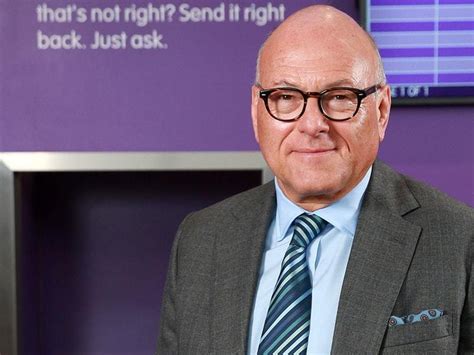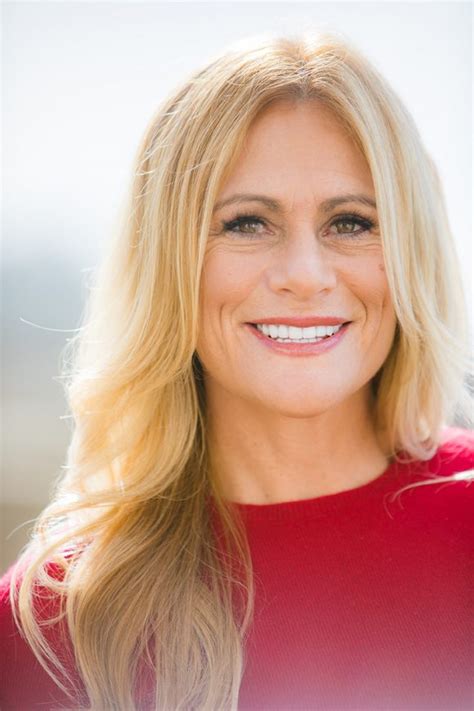A Quote by Lloyd Dorfman
Money is a very fundamental ingredient in anyone starting up a new business.
Quote Topics
Related Quotes
If you talk to anyone involved in business - forget banks and big business - talk to small businesses - do it yourself, don't ask me - they'll tell you it's crippling. Small-business formation is the lowest it has ever been in a recovery, and it's really for two reasons. One is regulations and the second is access to capital for people starting new businesses.
Cryptocurrencies are not evil and are not for money launderers and scammers. They are for entrepreneurs, technologists, change-the-world dreamers, and anyone who believes they can (and will) enable new business models, new types of organizations, and new ways to service consumers and businesses alike.
I'm funding a new business with money I would have given away in the first place. And I'm starting a responsible business and I'm educating the consumer about chemistry that is totally sustainable - not just from a production point of view, but it also helps sustain the human psyche and physical body - based on informational, energetic matter.
Harvard and Yale concentrated with venture capitalists that got the best calls and brainpower. Very few firms made most of the money, and they made it in just a few periods. Everyone else returned between mediocre and lousy. When returns happened, envy rippled through institutional money management. The amount invested in venture capital went up 10 times post-1999. That later money was lost very quickly. It will happen again. I don't know anyone who successfully resists this stuff. It becomes a new orthodoxy.
Making money isn't the main point of business. Money is a by-product.... A new product has been found, something of use to the world. A new industry moves into an undeveloped area. Factories go up, machines go in and you're in business. It's coincidental that people who've never seen a dime now have a dollar and barefooted kids wear shoes and have their faces washed. What's wrong with an urge that gives people libraries, hospitals, baseball diamonds and movies on a Saturday night?
Can anyone create an enduring business on the Web, where it's easy to build new companies, and when survival depends on the whims of fickle users? The big lesson of 'Digg' may be simply this: if someone offers you a ridiculous amount of money for a company that wasn't that hard to build, don't think twice. Take the money and run.
I was starting out in the business, there was only one path to playing professionally - graduate, or go four years. With the creation of the ABA [American Basketball Association] in the early 1970s, the sanctity of having to go to college was broken. The ABA took anyone, starting with Spencer Haywood.



































